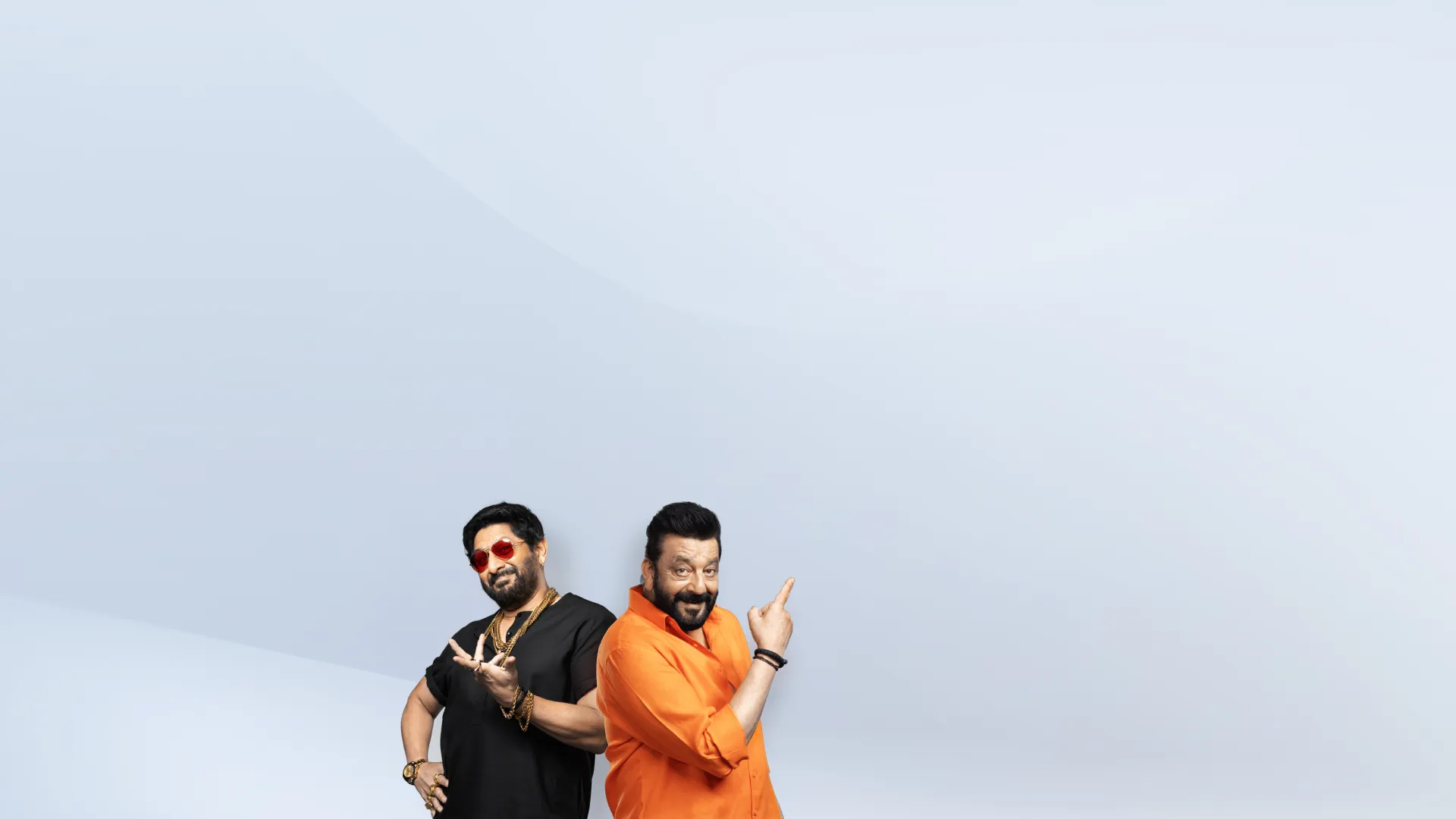
speak for ACKO
speak for ACKO
speak for ACKO
1 Crore Health Plans starting @₹18/day*.
We pay 100% of your hospital bills
From syringes to surgeries
No limit on hospital room rent
No compromises on recovery


1 Crore Health Plans starting @₹18/day*.
We pay 100% of your hospital bills
From syringes to surgeries
No limit on hospital room rent
No compromises on recovery

In a census conducted in 2011, it was found that there were more than 2.68 crore people with disabilities (PwDs) in India. If you or your family member is a person with a disability (PwD), it can be helpful to know about health insurance for disabled people in India. The following article presents the related details.
A disability can be defined as a physical or mental impairment that hinders one’s ability to accomplish day-to-day tasks. As per the Persons with Disability Act of 1955, an individual having a minimum of 40% bodily impairment is considered as disabled. However, if a person displays more than one disability or has 80% bodily impairment, they are considered severely disabled.
This plan provides broad coverage at affordable prices. You can choose a sum insured of Rs. 10 Lakhs, Rs. 25 Lakhs, Rs. 50 Lakhs, or Rs. 1 Crore.
This plan offers complete coverage with a high sum insured. It includes benefits like no deductions on claims and no waiting period, making it a great option for getting the most out of your health insurance.
This plan is ideal for adding extra coverage to your existing health insurance or saving on medical expenses. After a certain deductible, you’ll enjoy benefits like no waiting period and a high sum insured.
Under health insurance for disabled in India, disabilities are usually categorised into the following three types.
Individuals with congenital or mental disorders are usually considered as high-risk from a health insurance perspective. Thus, insurance for disability may provide only partial coverage under most health insurance plans. Fortunately, there are Government health insurance policies like Nirmaya and Swavlamban Health Insurance that can offer substantial coverage.
You can search online to find comprehensive health insurance for disabled individuals. Alternatively, you can opt for the two available Government health insurance plans. Medical emergencies are unpredictable and can be financially draining. Thus, it is better to be covered under a health insurance policy, than to not have one and panic in time of need.
Consider the following factors irrespective of whether you are availing government or private health insurance for disabled persons.
These are the criteria that insurers usually consider to determine your eligibility for buying health insurance.
Health insurers usually check your extent of disability while approving health insurance for disabled people. This is to determine the extent of your disability and calculate the consequent risk. This may also affect the premium payable for the policy.
Your current health condition is usually taken into account while buying health insurance as a PWD. Thus, insurers may request your medical records over the recent few months. Based on these assessments the insurance request will either be approved or rejected.
The documents that are required to be submitted for buying health insurance for PwDs may differ from one company to another. Nonetheless, documents like identity proof, income certificate, disability certificate, and past medical records are usually requested.
The Indian Government offers two health plans exclusively for disabled persons.
This Government launched a health insurance plan that provides coverage for individuals with disabilities. It especially provides Rs. 1 lakh sum towards treating mental disabilities like autism, retardation and cerebral palsy. While buying Niramaya Health Insurance no medical tests are required. However, this policy can be availed only from the National Trust.
While buying Niramaya Health Insurance no medical tests are required. However, this policy can be availed only from the National Trust.
| Age criteria | No age limit |
| Documents required for enrolling | Disability certificate |
| Sum insured | Rs. 1,00,000 |
| Coverage limits | Ongoing therapy: Rs. 10,000, Hospitalisation: Rs. 70,000, Transportation expenses: Rs. 1,000, Alternative medicines: Rs. 4,500, Outpatient department(OPD): Rs. 14,500 |
| Premium payable | Family income < Rs. 15,000: Rs. 250, Family income > Rs. 15,000: Rs. 500 |
This is a group health insurance/family floater plan that covers both persons with disabilities and their family members. It offers coverage for conditions like blindness, hearing impairment, loco-motor disability, mental illness, etc. Even this health insurance plan does not require any pre-medical tests while buying. Also, there are no exclusions for pre-existing conditions.
| Age criteria | 18 to 65 years |
| Family income criteria | Family income < Rs. 3 lakh per annum |
| Sum insured | Rs. 2,00,000 |
| Premium payable | Rs. 3,100 (only 10% has to be paid from your pocket, the rest will be funded by the Government) |
| Individuals covered | The disabled person, his/her spouse and up to two children |
| Documents required for enrolling | Identity proof, Proposal form, Income certificate, Premium payment receipt |
Finding the right health policy for a disabled person can be a bit overwhelming, but with a little bit of research and consideration, you can find one that meets your needs. Here are a few tips to help you get started.
The first step in finding the right health policy for a disabled person is to identify your specific healthcare needs. This will help you to determine what types of coverage you require and what you can afford.
Once you've identified your healthcare needs, it's time to research the different types of policies that are available. There are a variety of policies out there, so it's important to choose one that fits your needs.
Once you've narrowed down your options, it's time to compare policies. Look at the different coverage options and costs associated with each policy to determine which one is the best fit for your needs.
Some policies may offer additional benefits, such as access to a nurse helpline or coverage for alternative therapies. Be sure to consider these benefits when making your decision.
If you're still unsure about which policy is right for you, consider seeking advice from a healthcare professional or insurance broker. They can help you to navigate the complex world of healthcare policies and find one that meets your specific needs.
During February 2023, the Insurance Regulatory and Development Authority of India (IRDAI) reminded all insurance companies about some important rules they set back in 2016. The aim of these rules is that each person, including those having disabilities, can get health coverage. Here are some highlights of what this regulation says:
While filing for income tax, both the person with the disability and their family members can avail of tax benefits. For persons with 40% to 79% disability a tax deduction of up to Rs. 75,000 can be availed per year. Furthermore, persons with more than 80% disability can avail of a tax deduction of Rs. 1,25,000 per year.
Under Section 80U, a disabled person can claim tax deductions on medical expenses incurred over the year. Additionally, under Section 80DD, payments made towards medical treatments for the PwD by family members are tax-deductible too. Also, insurance premiums paid on behalf of the PwD can also be claimed. Note that these tax benefits are subject to changes.
The following documents need to be submitted to avail of tax benefits.
Premium payment receipt
A medical report describing the extent of disability
Self-declaration stating the medical expenses incurred during the year
Form 10-IA needs to produce in the case of mental disabilities
Standard Health Insurance plan specially designed for the persons with a disability (as per The Rights of Persons with Disabilities Act, 2016), persons with HIV/AIDS (as defined under HIV and AIDS Act, 2017)
For enrolling in ACKO Specially Abled Health Cover, please reach out to [email protected]
India has a number of government programs that are designed to help people with mental health problems. These are helpful for them to live more freely and with respect. The government also offers benefits for the physically handicapped in India. Some key benefits include:
Here are some of the most frequently asked questions regarding health insurance plans for disabled people in India.
A 1 crore term insurance plan can give dependents an important financial safety net, guaranteeing their financial security in your absence. You can also a term insurance premium calculator, as it allows you to estimate the premiums needed for the coverage you choose. The premium amount is determined by several factors, including age, health, policy term, and sum assured. You can also buy life insurance online for a quick and hassle-free process. This allows you to explore various plans and make informed decisions from the comfort of your home.
You can also consider, the ACKO Life Flexi Term Plan, a unique and flexible term insurance to protect your family's safety. ACKO ensures a seamless experience with reliable claim support, giving you peace of mind, knowing your loved ones are well-protected.